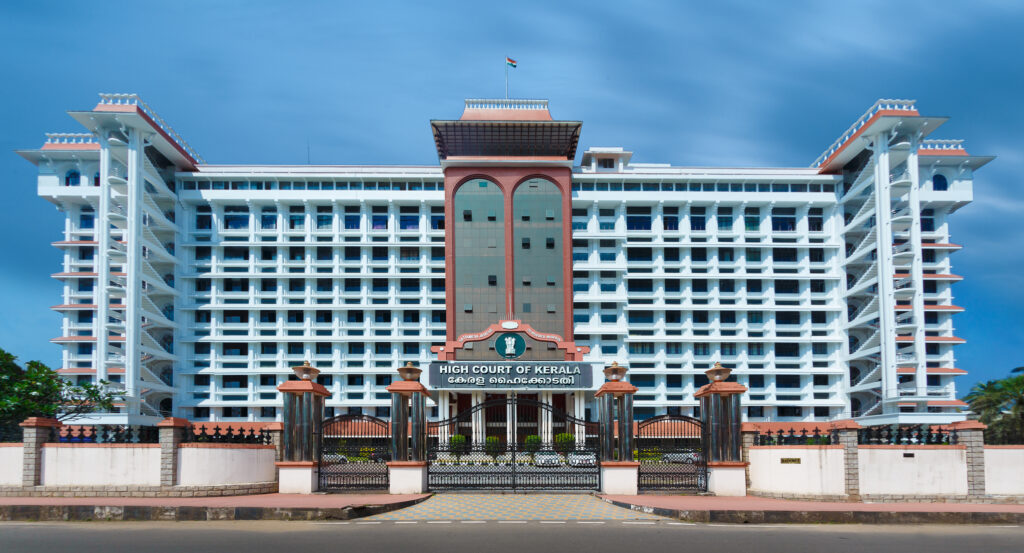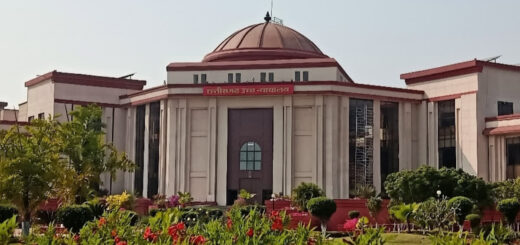A woman can seek protection under Section 498A of the IPC if there is a marriage that appears to be legal, according to the Kerala High Court.

The Kerala High Court has stated that if there is any type of marriage, whether religious or customary, that resembles a legal marriage, a woman can seek protection under Section 498A. This ruling came during a criminal appeal where a man and his family were contesting their conviction and sentence under Section 498A in conjunction with Section 34 of the IPC. Justice Sophy Thomas noted that this situation was not simply a case of a “live-in relationship” without marriage. Referring to a previous decision by Narayanan, she affirmed that if there is any form of marriage that appears legal, the woman can still seek protection under Section 498A, even if that marriage is later deemed invalid by law.
The Appellants were represented by Advocate Sri Babu S. Nair, while the Respondent was represented by Public Prosecutor Seena C. The prosecution argued that the victim, an 18-year-old, took her own life due to the cruelty inflicted by her husband and in-laws, along with harassment for dowry. She was a Hindu who had a romantic relationship with the accused, a Muslim, which led to her conversion to Islam and a Nikah ceremony. Unfortunately, she endured a harsh life with the accused, facing both physical and mental abuse, as well as dowry demands. Although a marriage agreement was signed, she ultimately died by suicide after consuming poison due to the ongoing cruelty.
The accused individuals were charged with crimes under Sections 498A, 304B, and 306 in conjunction with Section 34 of the IPC. The prosecution failed to establish the guilt of the accused for Sections 304B and 306, leading to their acquittal on those charges. However, they were found guilty under Section 498A along with Section 34 and each received a sentence of three years of rigorous imprisonment and a fine of Rs. 10,000, with an additional six months of rigorous imprisonment if the fine was not paid. The defense argued that the harassment and cruelty described in Section 498A must be severe enough to drive a wife to suicide or cause serious harm to her health, either mental or physical, to warrant a conviction. They claimed that typical arguments between spouses do not qualify as cruelty under this section. Therefore, they contended that the conviction and sentence should be overturned due to the lack of specific instances of cruelty or harassment related to dowry demands. Additionally, they stated that the marriage was not valid, asserting that a legitimate marital relationship is necessary for a conviction under Section 498A.
The Court initially observed that the appellants do not contest that the victim took her own life by ingesting poison. The witness testimonies are adequate to support the prosecution’s claim that the victim was pushed to suicide due to the mistreatment and harassment from her husband and in-laws over dowry demands, which qualifies as cruelty under Section 498A of the IPC. While considering the argument from the Appellant’s Counsel that a legal marriage is necessary for a wife to seek protection under Section 498A, the Court referenced the Supreme Court’s ruling in Narayanan v. State of Kerala.
In that ruling, it was determined that a registered marriage agreement cannot replace a legally recognized marriage and thus is not a valid marriage document. However, if there is some form of marriage, whether religious or customary, that resembles a legal marriage, the woman can still seek protection under Section 498A, even if the marriage is later deemed invalid for reasons like age, mental capacity, religion, or other factors. In that case, there was no actual marriage, only a live-in relationship based on a marriage agreement. Consequently, the Court concluded that a woman cannot claim protection under Section 498A simply because they presented themselves as a married couple through their long cohabitation following a marriage agreement.
The court addressed the argument that the Child Marriage Act takes precedence over Muslim personal law, stating that if one party is a minor, any sexual activity with them falls under the POCSO Act, even if it appears to be within a marriage. The court noted, “The claim is that since Asmabi’s marriage (Nikah) with the first accused happened when she was a minor, it shouldn’t be considered valid under secular law, which would mean no offense under Section 498A could be applied. However, the evidence does not confirm that Asmabi was a minor at the time of the Nikah. Even if she was a minor, under Muslim law, a girl can marry after reaching puberty, and such a marriage is still recognized as valid.” The court also referenced Moidutty Musliyar and Khaledur Rahman to emphasize that when an act is defined as an offense under a specific law, that law takes precedence, and personal or customary laws are overridden where there is a conflict.
It is a well-established principle that if a law conflicts with customary or personal law, the law will take precedence unless the customary or personal law is specifically excluded. In cases where a marriage is valid under customary or personal law, but actions within that marriage are questioned as offenses under a specific law, the specific law will apply, regardless of the marriage’s legality under customary or personal law. However, a valid marriage under customary or personal law remains valid for the parties involved until it is challenged and declared void for legitimate reasons, the court stated. The court emphasized that even without registration under secular law, the marriage between the deceased and the accused was valid under Muslim Personal Law and recognized by both parties.
The court acknowledged that while it is correct that if an act is deemed an offense under a specific law, that law will prevail even if the act occurs within a marriage recognized by personal law, there was no evidence to suggest that the deceased was a minor at the time of the ‘Nikah’. “If she was a minor, she had reached puberty, making the marriage valid under Mohammedan Law. This marriage was never contested under the Child Marriage Act or any other law with penal consequences,” the court noted. Consequently, the appeal was partially granted.
Cause Title: Abdul Khader vs. The State Of Kerala (2024:KER:82312)









